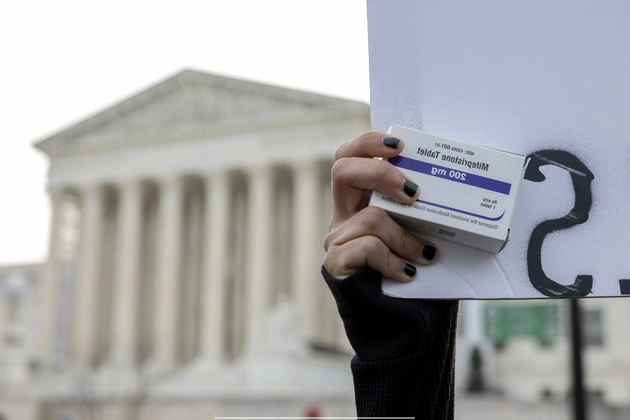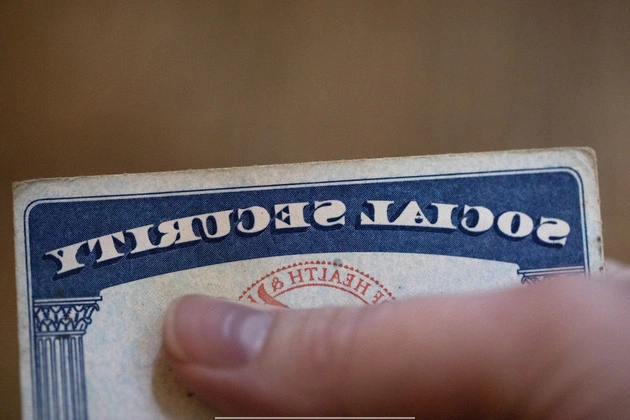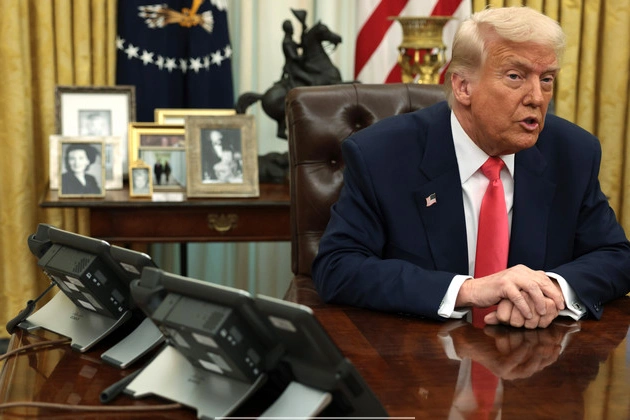
Louisiana Challenges Abortion Shield Laws: Indictment of New York Telehealth Doctor
A Louisiana grand jury indicted a New York doctor on Friday for allegedly prescribing abortion medication using telehealth services to a resident of the Southern state, which has one of the strictest abortion bans in the country.
Legal Battle Over Abortion Laws
The case takes direct aim at the most common method of abortion in the U.S. — a pair of medications that can be taken in the first trimester — along with laws enacted in many Democratic-leaning states to protect providers who serve out-of-state patients.
Grand jurors at the District Court for the Parish of West Baton Rouge issued an indictment against Dr. Margaret Carpenter, her company, and a third defendant, according to court records. The defendants are charged with criminal abortion by means of abortion-inducing drugs, which is a felony.
The indictment is among the first direct challenges to so-called shield laws that many blue states, including New York, have adopted in recent years to protect prescribers who use telehealth to prescribe abortion medication following the fall of Roe v. Wade in 2022.
Political Responses
New York Attorney General Letitia James vowed in a statement Friday to ensure Carpenter and others who prescribe the pills continue to be protected.
“This cowardly attempt out of Louisiana to weaponize the law against out-of-state providers is unjust and un-American,” she said. “We will not allow bad actors to undermine our providers’ ability to deliver critical care. Medication abortion is safe, effective, and necessary, and New York will ensure that it remains available to all Americans who need it.”
WAFB first reported the indictment on Friday. POLITICO is not identifying the other person charged alongside Carpenter to protect the privacy of a minor.
Legal Ramifications and Policy Impact
Carpenter is also the target of a civil lawsuit, brought by Texas Attorney General Ken Paxton, for prescribing abortion pills to a patient in Texas, which like Louisiana has a near-total ban on abortion.
Last summer, Louisiana also became the first state to designate the abortion pill regimen of mifepristone and misoprostol as “controlled dangerous substances” — a policy that several other GOP-controlled states are looking to emulate. While the medications — which are frequently used to treat miscarriages, postpartum hemorrhage, and other health crises — can still be prescribed, there are now added steps required to access them. Medical groups in the state warn that the policy is leading to dangerous delays in time-sensitive care.
Future Implications and Legal Battles
When the Supreme Court issued its 2022 Dobbs decision, its conservative justices wrote that it was not appropriate for “unelected members of this Court” to “override the democratic process” and set national abortion policy, and that the issue would be up to individual states in the future.
But activists on both sides of the abortion fight have long predicted that the conflict between different state laws — with many patients crossing state lines for the procedure or turning to telemedicine providers like Carpenter — would eventually return to the high court.
“When they issued the Dobbs decision, they didn’t want to see more abortion cases come to them. They really wanted to send this issue back to elected officials, in particular in the states,” Erik Baptist, a senior counsel at the conservative law group Alliance Defending Freedom, told POLITICO last week about the Supreme Court at the annual anti-abortion March for Life.
“But now we’re getting these states fighting with each other and trying to undermine each other,” he added. “As opposed to letting New York be New York and Texas be Texas, New York is trying to undermine Texas. So I think that’s a battle that will brew.”
Reactions and Advocacy
Abortion rights supporters counter that it is Texas and Louisiana that are trying to undermine New York by prosecuting a doctor there for doing something that is legal where she practices.
The Abortion Coalition for Telemedicine called Friday’s indictment part of “a disturbing pattern of interference with women’s rights.”
Julie F. Kay, the organization’s co-founder and leader, said she’s skeptical conservative states and judges will be able to enforce judgments against providers in shield law states even if they ultimately win convictions.
She and other advocates fear, however, that cases like these will create a chilling effect and deter other doctors from offering telemedicine abortion services.
“The New York courts are not going to honor that warrant. They’re not going to honor subpoenas in civil claims. They’re not going to take away that doctor’s license. They’re not going to start an investigation,” she said. “So there’s a good level of protection for the provider.”















